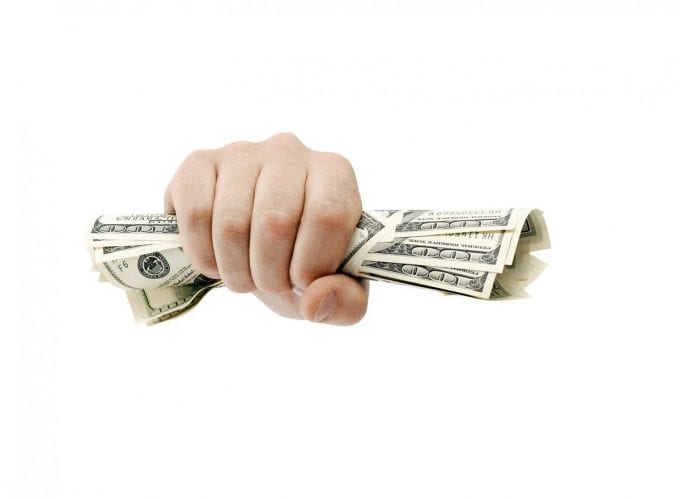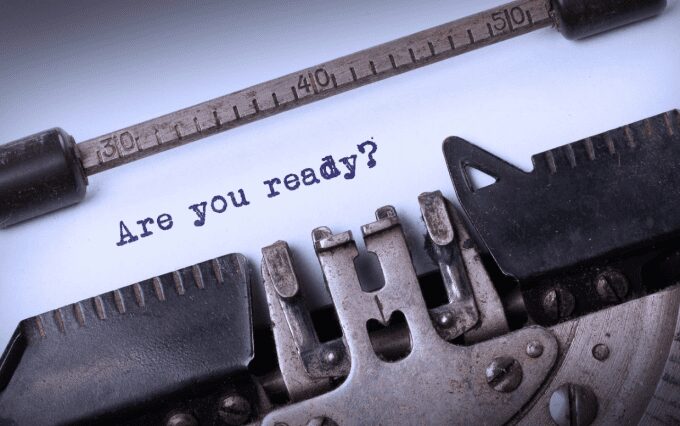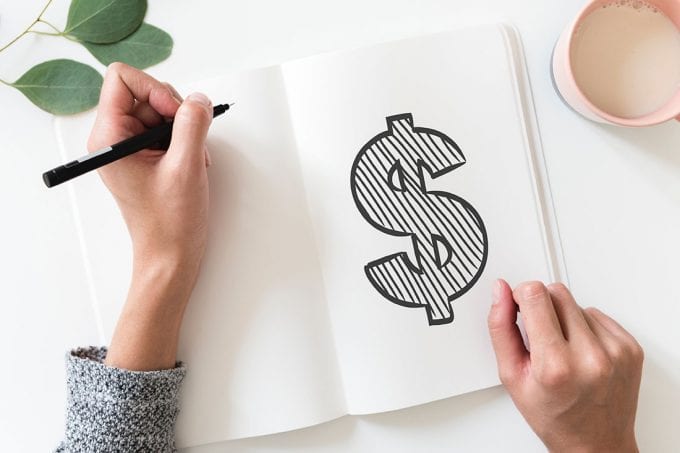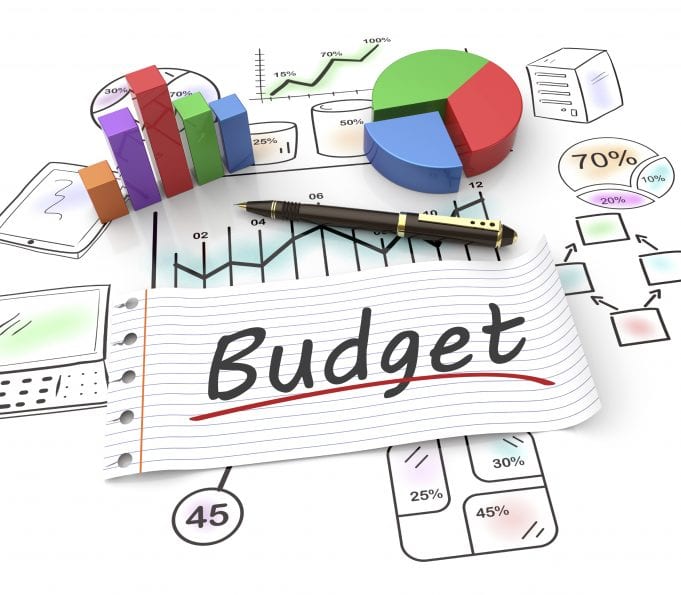Have you ever been left wondering where your money went? Payday comes, and a few days later, you check your bank account only to see that your entire paycheck has already been withdrawn for bills, groceries, and gas. What about all the things you wanted to do? What about unplanned expenses like your child’s field trip, date night with your spouse, or that new pair of jeans you were going to buy? Maybe you consistently check your accounts and utilize resources like cwdebtrelief.com to learn how to scrimp, save, and bust debt – but no matter what you do, you just don’t see those savings increase. Where, exactly, is all your money going?
The idea of having a budget makes some people cringe. But, having a budget is a free and easy way to achieve financial wellness. It doesn’t have to be about restrictions. Budgeting can help you get the most out of your money and may even help you make your money go further.
A budget is a smart way to manage your money, regardless of your financial situation. Whether you want to get out of debt, need to save for future expenses, or just want to improve your finances, budgeting your money is a great tool to do it. With a budget, you will have more control over your money, can track your spending habits, prepare for unplanned expenses, and develop a plan to reach your goals. Most importantly, a budget is a key way to take the stress out of money management.
In case you need more convincing, here are six reasons why you need to implement a budget.
1. Having a budget gives you more control over your money

With a budget, you will never have to wonder where your money is going. Budgets provide visibility through planning: You can predetermine how much of your money is spent on certain items. Whether you plan a monthly, quarterly, or yearly budget, you should have an idea of how much income you have. By planning how much money you want to spend on necessities, how much to save, and how much disposable income you have for the non-essentials, you will have better control over your money and reduce the likelihood of frivolous expenses. Using a budget to control your money helps you spend money on the things that matter to you and avoid wasteful spending.
2. You can track your spending habits as part of your budget
In addition to having control over planned expenses, a budget is a great way to track your spending habits. You may think you only spend five percent of your monthly income on food, but by sticking to a budget, you may realize that you were not accounting for those Taco Tuesday lunches with co-workers or your daily coffee run. If your budget and spending habits do not line up, this doesn’t necessarily mean you need to eliminate something you enjoy or restrict your spending in this area. A budget simply provides the transparency you need to see where you spend your money. So, if your budget and spending habits aren’t lining up, consider re-evaluating both. Maybe you need to adjust your budget, so your spending habits fit. Or, perhaps in comparing your spending and your budget, you will decide that Taco Tuesday isn’t that important to you and is worth eliminating or reducing so you can allocate that money elsewhere for something that has more personal value.
3. A budget can help you prepare for the unexpected

Car repairs. Medical emergencies. New clothes. Having a room in your budget for unplanned expenses is essential. No one ever plans for the air conditioning to go out on the hottest day of the summer. No one expects the transmission in their car to break. Emergency room visits are never anticipated. Yet, planned expenses like these often carry a hefty price tag. Spontaneous spending may not leave you with the money needed to cover emergencies. By leaving room in your budget for unplanned expenses, the cost will not be something you have to stress about in a crisis.
Unplanned expenses aren’t always bad. Having a cushion in your budget will allow you to afford things that come up unexpectedly. Maybe your favorite band announces a reunion tour, and your city made a list, or perhaps you want to bring your spouse along on a last-minute work trip for a quick vacation. If you wish to build a rainy-day fund or you just want to eliminate the stress of unplanned expenses, a budget is essential to helping you ensure you have the money you need when you need it.
4. Your budget makes your financial goals attainable

Goals are rarely reached without some planning. Think of a budget as your plan to reach a goal you have. You may have a big purchase you’d like to make without having to rely on credit cards or loans. A budget can help you with putting some of your money away each month to save for future expenses. Your goal may not be a specific purchase. But, whether you want to save your money for retirement, or need to save money for a down-payment on a new home or a family vacation, budgeting can help make these things feasible.
5. A budget will help you avoid spending more than you earn
Sometimes, we ll need accountability. A budget is a great tool to help keep you accountable when it comes to your finances. The transparency provided by a budget can help you keep your spending on track. A budget will keep your income and expenses in focus, so you will never have to wonder how much money you have or need. Your costs may fluctuate, but keeping your total income and expected recurring expenses in front of you is one way having a budget can provide a clear picture of your financial wellness.
6. Budgets can help you relax when it comes to your finances

A budget is a plan for your money. It is a free tool that you create, that is personal to you, and that exists only to help you. You have enough things on your plate to think about – don’t let money be one of them! Using a budget to control better how and where you spend your money, to help you save to reach your goals and to be prepared for anything that life throws your way is the key to reducing the stress often associated with money management.









